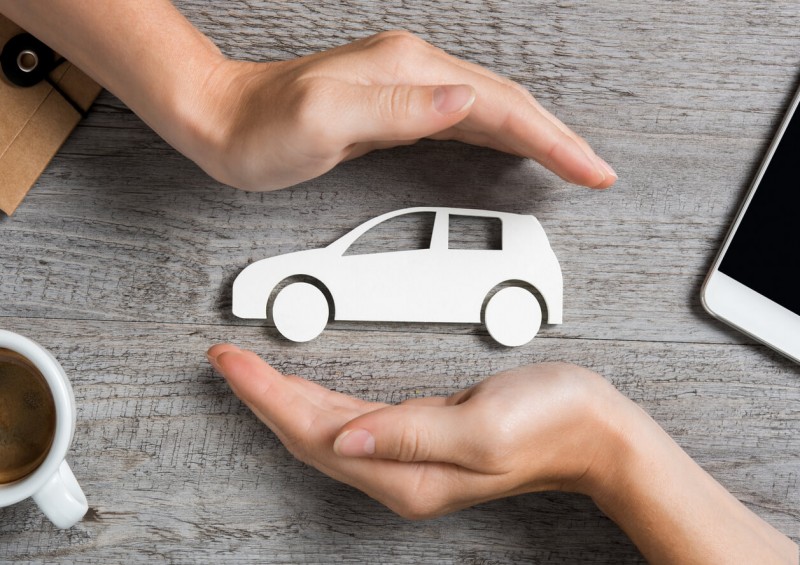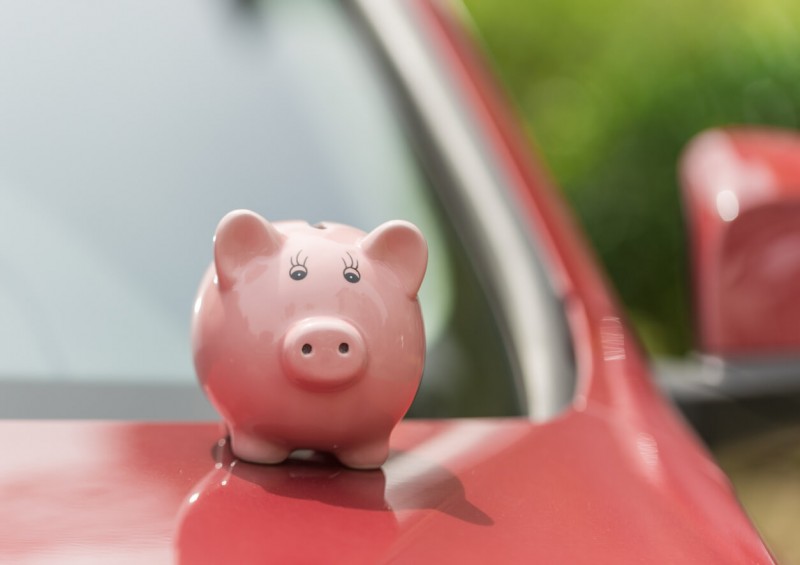What is Car Insurance?
Car insurance, sometimes referred to as auto insurance or motor insurance, is a type of financial cover that protects you against the cost of any losses and damages due to driving or owning a car.
In most parts of the world, it is compulsory to have car insurance in place. In the UK, it is a legal requirement.
Car insurance is there to protect:
- Losses to any third-party in an accident (financial or physical - injuries).
- Physical and financial losses to you.
- The cost of repairing your vehicle following an accident.
- The cost of replacing your vehicle if it is stolen or damaged beyond economic repair – a ‘total loss’, otherwise known as a 'write-off'.
Why is Car Insurance Compulsory?
The costs that can occur as a consequence of having a car accident can be incredibly high.
You will need to repair your car and that of anyone you crash into, but there are many other costs you can incur after a collision that may be a little less obvious:
- Compensation claims due to injury of a third-party, including medical costs, loss of earnings and emotional compensation.
- Damage done to the environment, from road signs and posts to nearby fences, trees or even buildings.
- The cost of recovering the damaged vehicles from the roadside.
- Legal costs.
While most accidents are limited to a few thousand pounds, some major collisions can run into the hundreds of thousands.
Without car insurance, you would be liable for the entire amount. Putting this into perspective, now all those yearly premiums don’t seem so high.
The Different Types of Car Insurance
Basic car insurance comes in three versions:
- Third-party (TP) – covers any losses to other drivers or passengers should an accident happen, but it doesn’t cover any of your personal costs or repairs to your vehicle. Third-party is the minimum legal level of insurance in most countries.
- Third-party, fire and theft (TPFT) – covers everything mentioned above, plus your losses should you sustain injuries or your vehicle get stolen or damaged in fire.
- Fully comprehensive (FC) – covers everything mentioned in TP and TPFT above, plus repairing your vehicle and other personal losses. FC policies can often cover much more, depending on your insurer - be sure to check and understand everything you are covered for.
Car insurance also comes in different categories:
- Personal, social and domestic – this covers you for personal and family driving, plus commuting to work.
- Basic business – covers you for general business use, travelling to clients, etc.
- Full commercial – covers you for using the vehicle for business, as a taxi or courier, for example.
When purchasing car insurance, make sure you get the insurance to fit your circumstances. Having the wrong insurance in place is the same as having no insurance!
Additional Motor Insurances
There are a few extras and additional insurances that are worth looking at when you buy your car insurance.
GAP insurance
Guaranteed Asset Protection (GAP) insurance is designed for someone leasing a car, or purchasing one on finance.
GAP insurance is put in place to cover the difference between the market value of your car that will be paid out by the insurer, and the true level of finance you have outstanding on the vehicle.
Due to depreciation, there could be a gap of many thousands of pounds difference and Guaranteed Asset Protection insurance is there to cover that.
Breakdown assistance
Adding breakdown cover with your insurance provider can give you peace of mind should anything happen to you at all while driving, from a flat tyre to engine breakdown.
Contents insurance
If you regularly travel with expensive tools or other items in your car, it is possible to extend your insurance to cover the items in your car.



